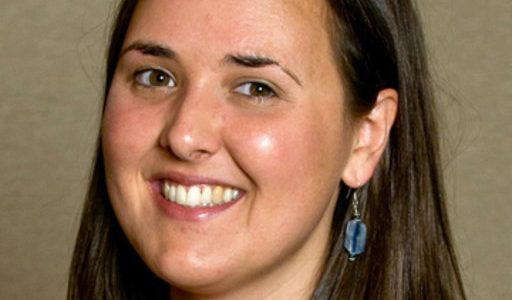Title: Human Centered Archaeoacoustics
Date and Place: November 16th 14h00-16h00, Amphi Chappe (CITI Lab, INSA-Lyon, Batiment Claude Chappe), 6 avenue des arts, 69621 Villeurbanne
Speaker: Dr. Miriam Kolar (Adjunct professor at Stanford University)
Abstract:
Despite over 125 years of modern room acoustics, spatial acoustics has only recently been applied in archaeological research. Likewise, musical instrument acoustics remains a growing but infrequent archaeometric approach. Auditory science is even less frequently incorporated. Since 2008, Miriam Kolar has led archaeoacoustics fieldwork and instrument performance studies at the 3,000-year-old UNESCO World Heritage Centre archaeological complex Chavín de Huántar, Perú, with a second Andean project about sound as an Inca administrative tool. In this presentation, Dr. Kolar will share case-study examples from her work in developing methodologies for “human-centered” archaeometric research, relating acoustics to human experience and social behavior in ancient contexts. Acoustical and psychoacoustical experiments in archaeological settings and with artifact sound-producing instruments enable data-driven reconstructions of heritage sites and instruments in use. Physics-based evaluations of human sensory perspectives support the ecological validity of heritage acoustics, opening a new technological frontier for cultural heritage research, preservation, and knowle.
Biography:
Miriam A. Kolar, M.F.A., Ph.D., is an Adjunct Professor at the Center for Computer Research in Music and Acoustics (CCRMA) at Stanford University and a Visiting Professor at Amherst College (USA). She studies human-sonic interrelationships across time and geography, applying acoustical and auditory perceptual science methodologies within an anthropological framework. Principal investigator of the integrative archaeoacoustics project at the 3,000-year-old Andean ceremonial site and UNESCO World Heritage Centre Chavín de Huántar, Peru, Dr. Kolar collaborates on novel applications of digital technologies for cultural heritage research and engagement. Her cultural acoustics research (http://culturalacoustics.org) leverages cross-disciplinary theories and tools to understand sonic experiential aspects of past and present life. In current work, and as co-organizer of the NEH-supported Digital Aural Heritage project (http://auralheritage.org), she explores the potential of auralizations for scholarship and public interfacing. Topics of interest include contextual knowledge representation, information ethics, and ecological validity.
This talk is organized in the context of the creation of the Emeraude team which is a collaboration between the Grame institute and Citi-lab at Insa-Lyon (https://team.inria.fr/emeraude/).

